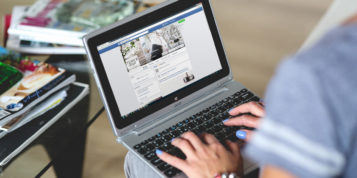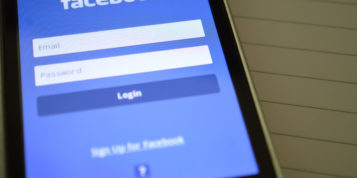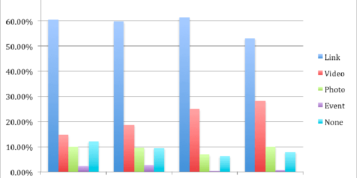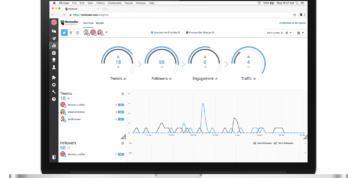Belgian authorities have been encouraging people to use social media to keep in touch in order to avoid overloading the phone system in the wake of today’s terrorist attacks in Brussels.
Explosions at Zaventem airport in Brussels and a Metro station near the headquarters of the European Union this morning have left at least 21 people dead and many more injured, bringing the city to a virtual standstill.
As much of the city went into lockdown and people frantically tried to contact friends and family, Belgian Deputy Prime Minister Alexander De Croo tweeted: “IMPORTANT: Brussels mobile networks are getting saturated. Please contact through data messages: Facebook, WhatsApp, Twitter. Avoid calls”
There were immediate calls for Facebook to activate its Safety Check Feature. The tool, which allows people in areas affected by natural disasters or terror attacks to check themselves in as being safe, was first used after the massive earthquake that hit Nepal in April last year.
It was used for the first time in a non-natural disaster following the Paris terror attacks in November. At that time, the social media giant was heavily criticized for not using it the day before when dozens of people were killed in attacks in Beirut, Lebanon. Facebook CEO Mark Zuckerberg said at that time that the service would be used for more “human disasters” in the future and followed this up by subsequently activating it for attacks in Turkey and Nigeria.
It took two hours for Facebook to activate Safety Check in Brussels today, leading some people to voice their frustration at the delay. It is believed that the firm may have been waiting to see if additional attacks would occur before switching it on.
When the Safety Check feature is activated, Facebook will send a notification to nearby users to ask if they are safe, and users can simply click a button to confirm that they are indeed alright. Unlike what occurs with a normal Facebook update, Safety Check will then automatically send the user’s “safe” status to friends in the form of a notification.
When the feature was first launched, Zuckerberg said: “Over the last few years there have been many disasters and crises where people have turned to the Internet for help. Each time, we see people use Facebook to check on their loved ones and see if they’re safe. Connecting with people is always valuable, but these are the moments when it matters most.”
Brussels has been on high alert since last November’s Paris attacks, when one of the suspects fled to the Belgian capital. He was arrested there on Friday, possibly prompting today’s attacks. Those who are concerned about loved ones in the area can check their safety status here.





